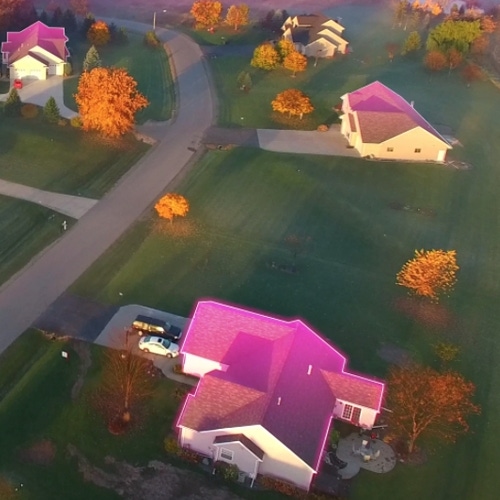
T-Mobile has filed a lawsuit against a Florida school district in order to prevent the school's board of directors from selling two 2.5GHz spectrum licenses.
An investment firm called WCO Spectrum offered to buy the two licenses from the school board of St. Lucie County, Florida, for $7.6 million. But T-Mobile is arguing that the school board cannot sell the licenses to WCO for a variety of legal reasons, including because T-Mobile views WCO as a competitor.
The school district did not immediately respond to questions from Light Reading about the lawsuit. The St. Lucie County district stretches across 39 schools and serves 40,000 students.
At issue are the 2.5GHz spectrum licenses that underpin T-Mobile's midband 5G network. Due to FCC rules that originated in the 1960s, most of those licenses are not owned by T-Mobile. Instead, they are owned by educational institutions including universities, high schools and religious organizations. To use the licenses for commercial applications such as 5G, T-Mobile and its corporate predecessors like Clearwire and Sprint inked long-term leases on the licenses.
Figure 1:  T-Mobile touts extensive 2.5GHz coverage.
T-Mobile touts extensive 2.5GHz coverage.
(Source: T-Mobile)
The St. Lucie County school district first inked its 2.5GHz leasing deal with T-Mobile's corporate predecessors in 2008. The lease expires in 2038.
However, in an effort to straighten out such tangled agreements, the FCC ruled in 2020 that educational institutions can sell their licenses; previously they were legally prevented from doing so. As a result, T-Mobile has so far purchased more than 200 of the estimated 2,000 total 2.5GHz licenses it leases, according to previous reporting from Light Reading.
Is WCO a competitor?
WCO is headed by billionaire Gary Winnick, a financier who founded telecom giant Global Crossing, and it has been offering millions of dollars to educational institutions across the country for their 2.5GHz licenses.
As Light Reading previously reported, WCO is working to create "an opportunity to aggregate these licenses that provide attractive stable yields based on their long-term leases with network operators and the ability to participate in the growth and expansion of next generation technologies and future demand for network capacity," explained Carl Katerndahl, a managing partner at WCO.
T-Mobile clearly wants to prevent WCO from doing that. For example, after WCO offered $5.5 million for the 2.5GHz license owned by the Christian College of Georgia, T-Mobile countered with a $1 million offer. The mobile operator argued that the Christian College of Georgia was not legally able to sell its license to WCO due to the terms of the existing leasing agreement between T-Mobile and the Christian College of Georgia. The college gets $55,000 a year — or half of its annual income — from its T-Mobile lease, according to Religion News Service.
For its part, the Christian College of Georgia is urging the FCC to issue a ruling that would pave the way for it to sell its license to WCO.
In T-Mobile's new lawsuit against the St. Lucie County school district, the operator argues that the terms of its leasing agreement with the school prevent the school from selling its licenses to WCO. In particular, T-Mobile argues that WCO's offer is not legitimate and that, even if it were, the district cannot accept it because WCO is a competitor.
According to T-Mobile's lawsuit, "A 'Competing Entity' is any party that (1) offers, provides or delivers a commercially available telecommunications service using EBS or BRS [2.5GHz] spectrum within the United States of America (a 'Competing Service'), (2) owns (except a less than two and one-half percent (2½%) interest in a publicly traded company) any interest in any entity which provides a Competing Service, (3) has granted, or controls, is controlled by or is under common control with, a party that has granted, to any provider of a Competing Service a global or overarching agreement for the right, option, or preemptive right, to use or otherwise acquire all or any portion of the EBS or BRS spectrum that such party owns or subsequently acquires."
Last year, T-Mobile filed a similar lawsuit against Albright College in Pennsylvania for attempting to sell its own EBS license to WCO. Albright has around 1,700 students across its 130-acre campus.
The issue is important because the FCC is going to auction a swath of unused 2.5GHz spectrum – mostly in rural areas – in July. AT&T, Dish Network and other potential bidders have called on the agency to force T-Mobile to disclose the terms of its spectrum lease agreements. T-Mobile has rejected that argument.
Related posts:
— Mike Dano, Editorial Director, 5G & Mobile Strategies, Light Reading | @mikeddano
About the Author(s)
You May Also Like












